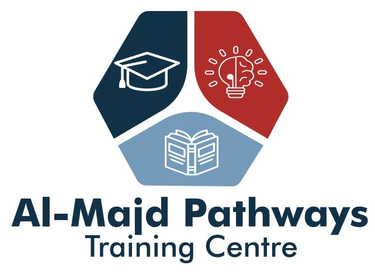
Training International Court Judges
£6200.00
Course Description
This course is designed to equip judges with the necessary knowledge, skills, and tools to excel in an international legal context. This course focuses on enhancing the understanding of international law, legal systems, and the intricacies of cross-border disputes, enabling judges to effectively handle cases involving international parties and complex legal issues.
Course Objectives
International Legal Framework: Provide a comprehensive overview of international law, including its sources, principles, and the interaction between international and domestic legal systems.
Jurisdiction and Conflict of Laws: Explore the principles of jurisdiction and conflict of laws to enable judges to determine appropriate jurisdiction, apply relevant laws, and address conflicts that arise in international cases.
International Human Rights Law: Examine the principles, standards, and mechanisms of international human rights law, enhancing judges' understanding of human rights protection and ensuring fair and just adjudication.
International Commercial Law: Familiarize judges with key aspects of international commercial law, including contracts, trade, investment, and intellectual property, enabling them to effectively adjudicate international commercial disputes.
International Criminal Law: Gain an understanding of the principles, procedures, and challenges of international criminal law, including war crimes, crimes against humanity, and genocide, equipping judges to address complex international criminal cases.
International Dispute Resolution: Explore various methods of international dispute resolution, such as arbitration, mediation, and litigation in international tribunals, equipping judges with the skills necessary to facilitate fair and efficient resolution of cross-border disputes.
Cross-Cultural Competence: Develop cultural awareness and sensitivity to effectively engage with parties from diverse backgrounds, fostering understanding and promoting impartiality in international cases.
Judicial Ethics and Independence: Emphasize the importance of judicial ethics, integrity, and independence in the context of international adjudication, ensuring judges uphold the highest standards of fairness and impartiality.
Case Management and Procedural Considerations: Provide judges with insights into case management techniques specific to international cases, including coordination with foreign courts, evidence gathering, and the use of interpreters.
Emerging Issues in International Law: Stay updated on emerging trends and developments in international law, such as cyber law, environmental law, and transnational crimes, preparing judges to handle novel and complex legal challenges.
Course Format
The course combines interactive lectures, case studies, group discussions, and simulations to facilitate active learning and practical application of concepts. Prominent guest speakers, including international judges and legal experts, may be invited to share their experiences and insights. Participants will engage in mock trials and exercises to simulate real-world scenarios, enabling them to hone their skills and build confidence in their ability to adjudicate international cases.
Format: Onsite
Language(s): English
Duration: One Week
Certificate of Completion: Upon successful completion of the course, participants will receive a Certificate of Completion from Al-Majd Pathways Centre (APC).
Get in touch with us today.
Follow
Sign-up for our newsletter
0044 7466410010
©2025 All rights reserved.
